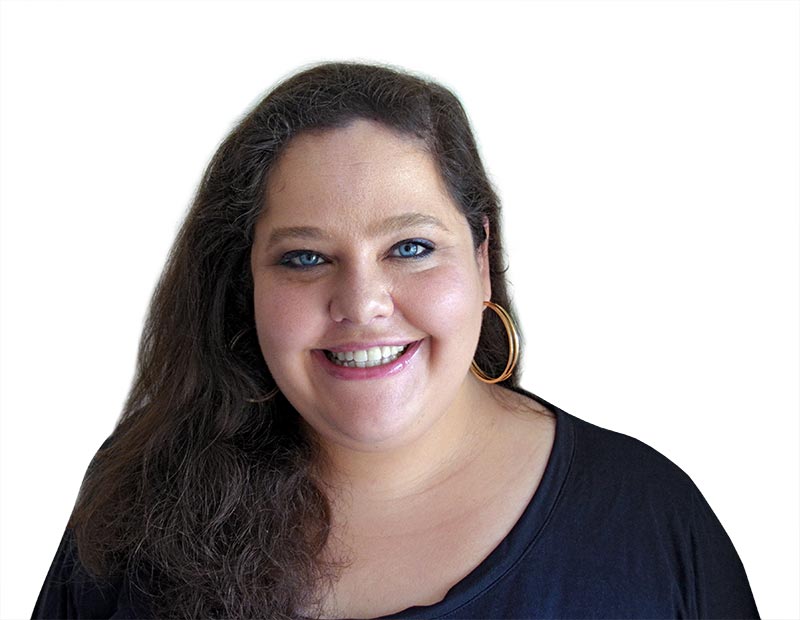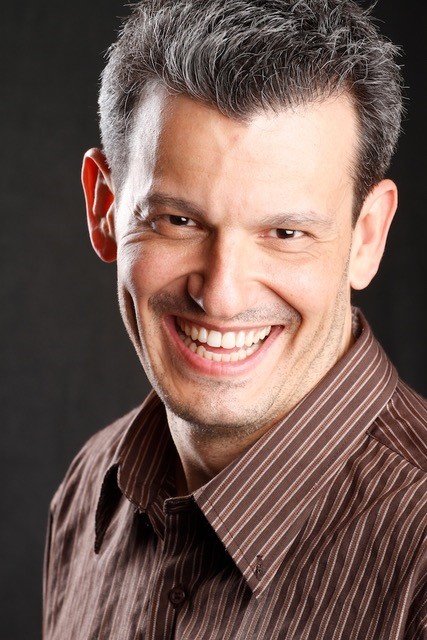Sell your service, not your soul
Many teachers are becoming their own bosses nowadays, to the point that the word “teacherpreneur” has become a thing (hopefully a fad, as I can’t pronounce that word for the life of me). That of course adds fuel to the debate on whether teachers should dab at Sales & Marketing – or rather how. I’m largely a bystander in the debate, since I work for the government, but something happened last week that made me think about how we teachers sell our services and I just wanted to share.
On the coach from São José dos Campos to São Paulo was an older man talking loudly on his mobile. He wasn’t wearing a suit, but looked professional, and seemed to be over 50. From the calls, it was clear he was the problem-solving go-getter sort of bloke. I sat in the seat across from him and went out like a light as soon as he hung up the phone. When I woke up, we were stuck in a traffic jam near Tietê Coach Station (quelle surprise!). That’s when I witnessed the sweetest of scenes. The man, who turned out to be an engineer, was talking to a younger professional sat next to him. The young man, who apparently was still going to uni but had already decided he wanted to use his engineering degree to work in Sales, seemed eager to get career advice from his more experienced and clearly successful peer. The student held in his hands one of these books about Sales that look a step away from self-help and asked the older man many questions, which he gladly replied:
“Listen,” the expert replied, “there’s all that about sales and some will say you’ll have to lie. I don’t. I think that over 90% of the times, lying is the wrong answer. People will only fall for it once. Me? I built my career on trust.”
“What’s more,” he went on, “there are two kinds of trust: on the one hand, my clients know I’m honest; and on the other, they trust me to solve their problems. You saw that client I was talking to?”
The young man nodded enthusiastically, especially after the older professional gave away the name of the company.
“One of Brazil’s largest educational companies, right? Huge! The founder has been my client since he had a small office and only two people working. And I’ve always helped them, so even now that they’re big, the CEO, my pal, calls me to sort out their problems. Just now I’m going to São Paulo because he needs something in São José by the end of the day, and I’m not sure I’ll make it back in time with Friday traffic and whatnot, but he knows I’m on it, and if someone can make it happen, it’s me. Even if it turns out I can’t.”
He summed it up, “That’s the best thing that can happen to you: that your clients believe you are the one who will solve their problems, no matter how big. And that they trust you. If you can build that kind of relationship, if clients see you as THE person to go to, you’re made.”
I smiled. I don’t think it is a coincidence that his client is in education. Chalk it up to my innocence or ignorance if you will, but to me if there is a style of Sales & Marketing that befits education, that’s it in a nutshell. We want our clients – students or other ELT professionals – to trust us to be truthful and forthcoming and to get them the (language learning) results they need, even when we can’t (after all, learning doesn’t depend exclusively on us).
We can and we should study more about Sales & Marketing, I believe, as we professionalize in this gig economy. There are plenty of respectable strategies we can learn from these other fields and adopt. However, whenever marketing ideas or techniques seem to go against our values – as people, as professionals, as teachers –, we need to step back and evaluate.






